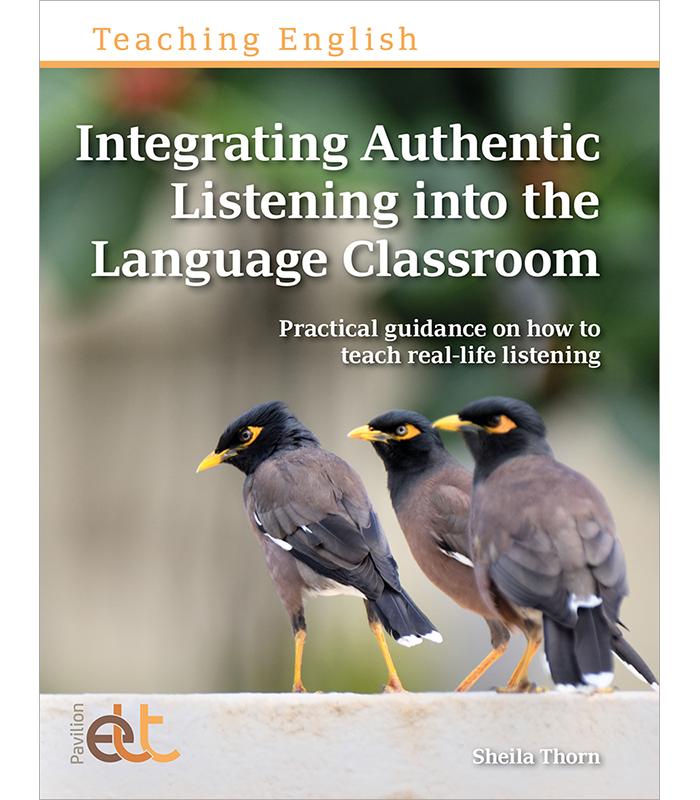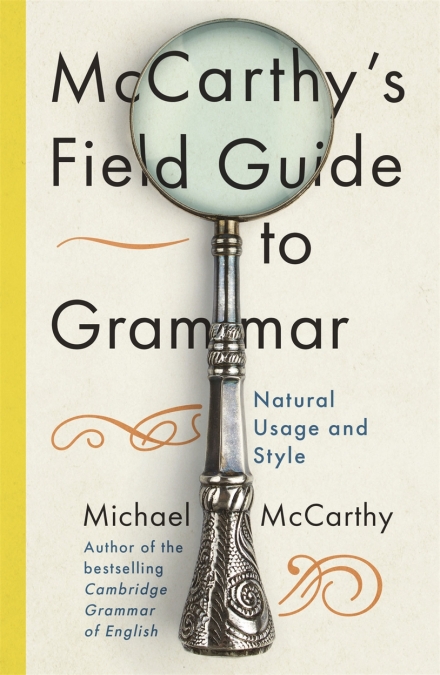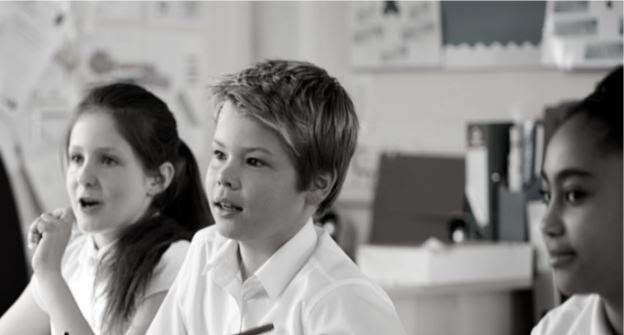To the Editor
Letter 1
|
Hello Hanna I hope you had a relaxing holiday and a great start to the new year! A few weeks ago, I fell in love with a short animated film titled A single life. The film tells the story of a young woman called Pia who is able to jump backwards and forwards through her life thanks to a mysterious vinyl single. It's perfect for the classroom. It's just 2 minutes long but packed with so many details to discover and layers of meaning to uncover. The more you watch it, the more you will see. It's not surprising that it was nominated for an Oscar award in 2015. https://www.youtube.com/watch?v=pzAZnOyMTI4 Jamie Keddie |
Letter 2
|
Over the last two years, Covid-19 has come to dominate many of our conversations. It crops up in class week in, week out, no matter what other topics we’re supposed to be discussing. As we enter the third year of the pandemic, we at Lexical Lab have put together a collection of some of the language we’ve taught around the topic. Get your free copy by signing up to our mailing list: https://www.lexicallab.com/?fbclid=IwAR2kjvK48tk2b9Xf6c1JZGJoHO0HuscqzjAmOZsrvVQ8SuNfMAbtLk7Ztjg
ONLINE LANGUAGE LESSONSRegular live lessons with expert teachers to boost your spoken English ONLINE TEACHER DEVELOPMENTShort self-study or Zoom courses WEBINARSRegular webinars on English language teaching and British culture LONDON SUMMER SCHOOLOne and two-week teacher development and language development courses every July and August Without grammar you can say little, without lexis you can say nothing. Vocabulary, chunks, patterns, phrases, collocations, words, words with grammar – whatever you want to call it, lexis is the true building blocks of language. What is lexis? What lexis should we teach? At what level? For what course? How much? And how to teach it? How do students best learn it? How does it help with skills? How can we test it? These are the kinds of questions we aim to explore. We are Lexical Lab. |
Letter 3
|
Dear Hanna Kryszewska,
These conferences have always contemplated the two modalities of participation: face to face and virtual. However, given the current Coronavirus situation and travel restrictions, at this moment we are only accepting submissions for virtual participation. If the situation changes and we feel the safety of our participants would not be at risk, we will start accepting submissions for face-to-face participation, and those authors who submitted their article for virtual participation will have the ability to change their participation modality to face-to-face, if they wish. As stated before, the Proceedings of these four conferences have been indexed by Elsevier's SCOPUS since 2010. The 2022 proceedings will also be sent to Elsevier's SCOPUS. To submit an article to any of the collocated events, go to: https://www.iiis-2022conf.org/spring2022, and select your respective event. Thank you for your time, and we look forward to your contribution. Respectfully, IMCIC/ICSIT/ICETI/CICIC 2022 Organizing Committee |
Letter 4
|
Do you want to give excellent foolproof listening lessons using authentic recordings, to motivate your students and enable them to confidently process spontaneous spoken language outside the classroom? If so, Integrating Authentic Listening into the Language Classroom is here to help! It is a practical and accessible resource that addresses the theory behind authentic listening, to equip readers with the knowledge and skills to use authentic recordings in their teaching with confidence. Integrating Authentic Listening into the Language Classroom contains 18 easy-to-digest chapters which are accessible for both new and experienced teachers alike. The first part looks at the theory around the need to use authentic listening and the second covers the practical ways teachers can use authentic listening in their classes. It has tried-and-tested decoding and comprehension activities that work in any language classroom; activities, examples and teaching anecdotes relatable to a wide range of teaching contexts; additional transcripts; a glossary of key terms; and a bibliography. Pavilion ELT |
Letter 5
|
Hi All! It´s been a long time since we last met face to face in Cambridge. I hope you are healthy and doing well . Wishing you healthy and enjoyable new year 2022 and look forward to hearing from you one day again. Maybe at our ATECR conference on 9-10th September 2022. Jana Jana Jilkova, ATECR president
www.atecr.com IATEFL Inclusive Practices and SEN SIG treasurer |
Letter 6
|
One of my favourite corpus linguists in action. Perhaps it’ll interest you too 😀 Marta Rosińska
You ain’t gonna like it: bad grammar’s not so bad. – The Times |
Letter 7
|
#CLIL #ChemistryChallenge #Trial Here is a very rough outline of how an interactive class can look like using only the google drive environment (freeware). Look here Maciej Durczewski |
Letter 8
|
Calling teachers from around the world: we want to hear from you! The new-look Modern English Teacher will bring you topical discussions and practical ideas from teachers across the world in a bumper-sized magazine published six times a year, and we are looking for submissions to one of our exciting new features! Global Voices gives you the opportunity to share your teaching stories or personal accounts of how teaching is for someone in your country or teaching context, in around 200 words. If you are interested in getting involved (whether you are an experienced writer or simply looking to submit your first small piece for publication), here are some prompts to help you put together your story for Global Voices:
Submit your story to the editor, Robert McLarty (Robert.McLarty@pavpub.com), ideally with a supporting picture! Contact us for more information on the requirements of the picture. If you have any questions, please contact Robert or the Head of ELT, Kirsten Holt (kirsten.holt@pavpub.com). You can submit an article at any time, and if it is selected, it will be featured in the next suitable issue. |
Letter 9
|
Dear colleague, InclusiveEd, the Inclusion Conference for Education is taking place online on Wednesday 23rd March. We’ve created the agenda to bring together schools and colleges just like yours, who share the same opportunities and challenges and are looking for fresh ideas and inspiration to drive their inclusion practices forward. Join us for the latest updates on SEND developments, as well as practical strategies and insights from thought leaders within education on how to implement inclusion strategies to bring about real change for students. Confirmed Presentations
Join fellow senior leaders and policy makers in education, diversity and inclusion professionals, disability and student services practitioners, SENCos and Local Authority Advisors by booking to attend. Please click here or on the button below for the full list of presentations and workshops included in the agenda. Date: Wednesday 23rd March Time: 9.00am-5.00pm Price: £100 excluding VAT We hope you or a member of your team will be able to join us. Best regards, TeachingTimes Team More here |





